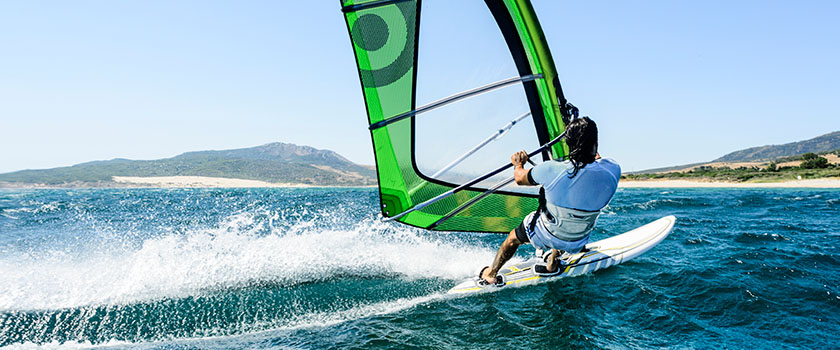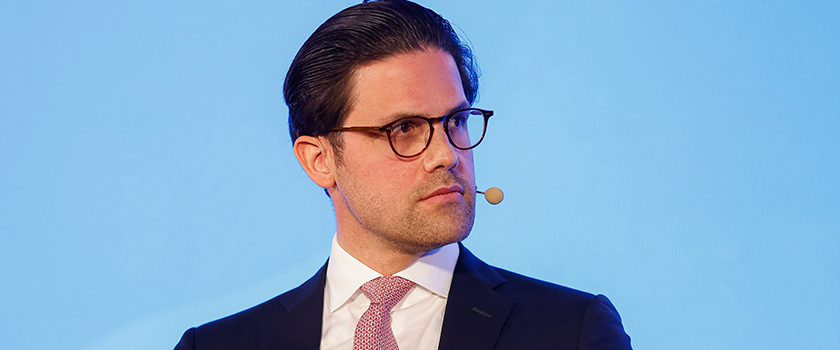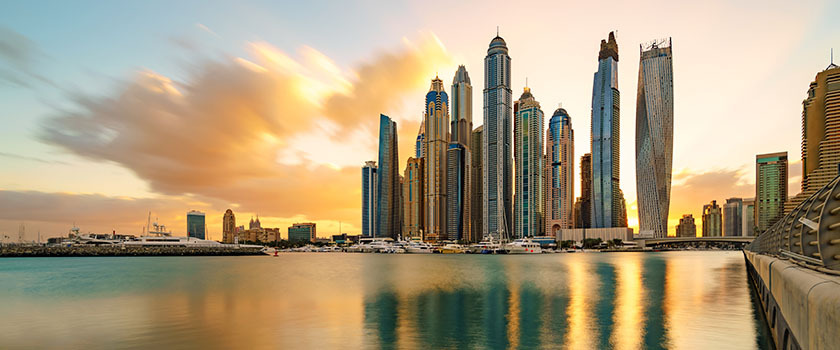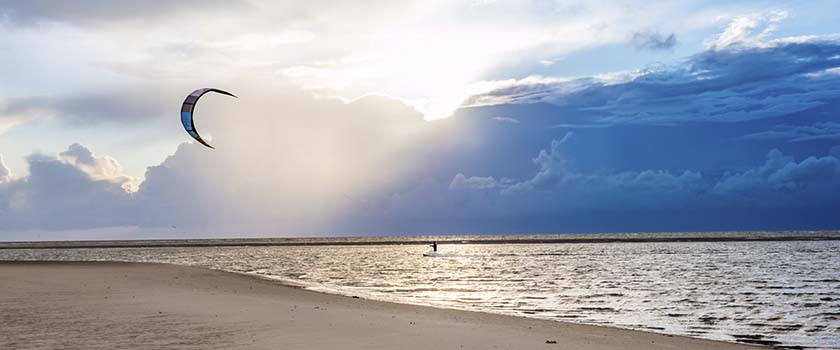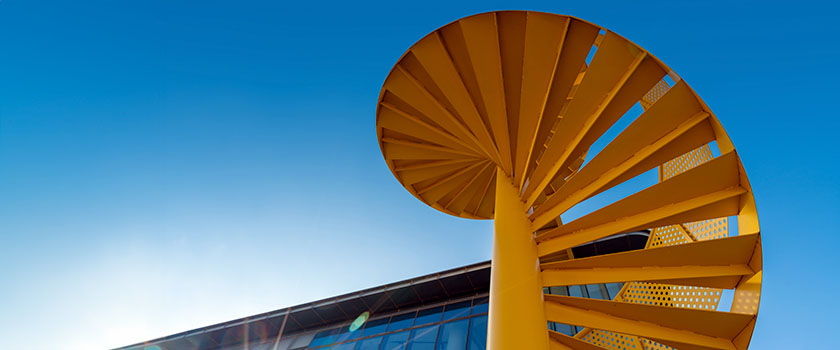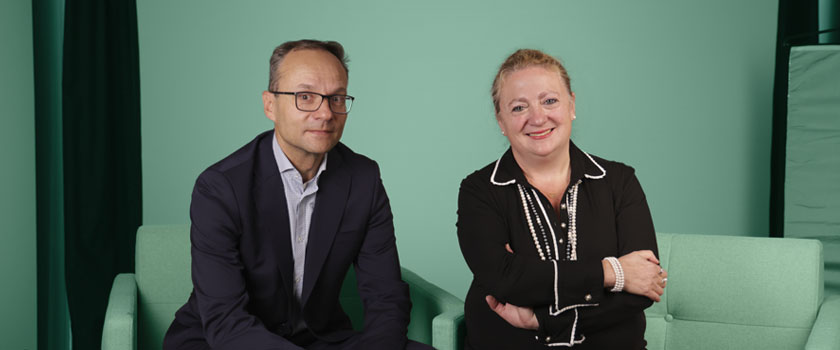L'Agefi (23.04.2021) – Union Bancaire Privée is on a continuous growth trajectory integrating sustainability criteria. We interviewed Nicolas Faller, the bank’s Co-CEO Asset Management.
Geneva-based Union Bancaire Privée (UBP), is aiming to double assets managed in sustainable strategies by 2022, to 10% of total assets, which stood at CHF 147 billion at the end of 2020. This in turn is double the amount the bank, founded in 1969, had under management ten years ago, an increase with which UBP has made a name for itself in the very competitive Geneva financial centre. Nicolas Faller, the bank’s co-CEO Asset Management, shared his views of how sustainable finance is set to become the norm.
Eventually, will sustainable finance products overtake traditional financial products?
Yes, I think so. With sustainable finance, we are in a third economic revolution, following on from the technological revolution of the last 20 years. Sustainable finance will be a major growth driver for the next 20 years. We need to invest in all the sectors that will see much stronger growth than those that ignore the green transition.
But technology is not about to disappear?
No, there is still a very close link with technology, which is attracting many millennials to sustainable finance. It will be our job to guide their savings towards these industries of the future. Make no mistake: the economy will gradually catch up with us, it’s inevitable, and non-green finance will disappear. Look at the oil companies: they know that their fossil fuel resources will run out, and to survive they need to offer new energy solutions.
The market is already crowded...
Yes, the first-movers inevitably have a significant lead with respect to their clients. Innovation will be the key driver of success because new economic sectors, as yet unknown, will emerge. For example, barely five years ago, biodiversity was not taken very seriously, but now we know that a loss of biodiversity is one of the greatest threats to our economies and a source of financial risk that we need to factor into our management.
So how do you stand out?
The real challenge is taking the long view. We have made some radical choices in our investment approach: for us, impact investing is the future. We have dedicated 100% of our European and emerging equity resources to impact investing, confident that it will add real value for our clients.
How do you select companies as part of your impact investing approach?
We have developed a proprietary method for assessing a company’s impact, which is based on both qualitative and quantitative criteria. To measure impact, we ask companies to fill in questionnaires that we have designed ourselves, and of course we go and visit them although we have had to put these trips on hold because of the pandemic. Using these methods, we make sure that companies keep their promises, and we can adjust our “Impact Score” as required.
So you are activist shareholders!
I would describe us more as engaged partners, because we stay in regular contact with companies. But the impact they generate is a real strength, and they highlight it in their strategy and in their meetings with analysts.
Have you had any nasty surprises so far?
No, the main difficulty is finding companies that have techniques and know-how that will allow them to grow their market share. Although we sometimes have clients who focus more on the short term.
So good returns and a short time horizon are no longer incompatible in sustainable finance?
It is now possible to achieve very quick and substantial investment returns if a company is a leading player in its market. But with some impact investing themes, things can take a little longer because we measure companies’ potential impact over the long term.
What are your assets under management in your two impact investing portfolios?
The first one, which we launched just over three years ago and which invests in developed-market equities, has 350 million francs, and our emerging-market portfolio has 150 million. We launched the latter in May 2020, when conditions were not easy, but it was the right decision and we have no regrets.
But those figures are small compared with UBP as a whole.
That’s true. Together with our dedicated mandates, we have almost 1 billion francs’ worth of assets under management in impact strategies, but we are aiming for 5 billion in three years’ time.
Will you increase the size of your portfolios to achieve that?
We have set size limits for the moment, given market conditions. By 2024, we are aiming for 1 billion francs in Europe, 1 billion in emerging markets and 3 billion in global equity.
UBP was fairly optimistic about gold and base metals in its forecasts at the start of the year. How do you reconcile that with sustainable finance?
Let’s be clear: we must give our clients access to the best possible returns. But we must do so while ensuring we keep a sustainable approach. With the pandemic, we are going through a transitional period and many commodities are crucial for the economic recovery. But it’s not incompatible to invest in those sectors, because we select companies which are transforming into genuine players in energy transition. And of course, we distinguish between tactical market opportunities and long-term growth opportunities.

Nicolas Faller
Co-CEO Asset Management
View his Linkedin profile
